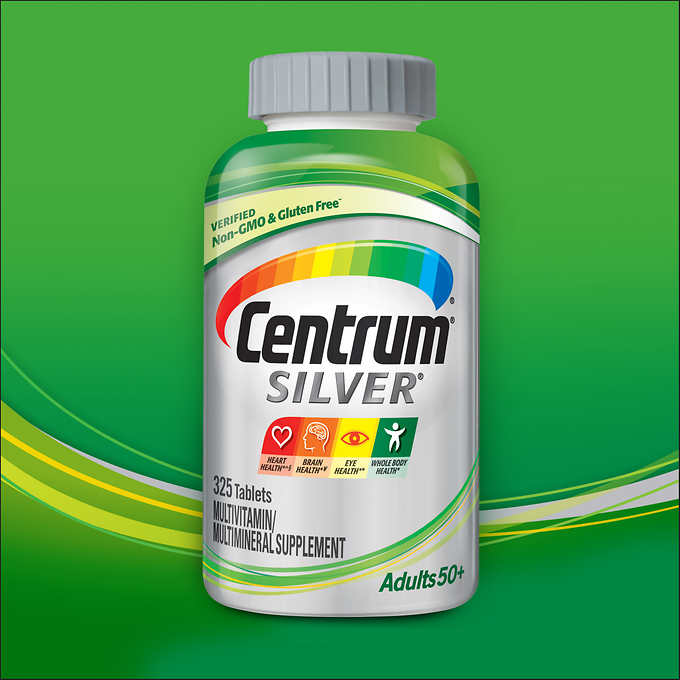There are several types of diets approved by health specialists to be essential to the body’s health. All these types of diets have specific benefits and address a particular issue in the human body. Some of the popular diets approved by health experts include ketogenic data, Atkins diets, vegetarian diet, Mediterranean diet, raw food diet, and South Beach diet.
The Mediterranean diet is aimed at improving the health of the heart. It is typically a heart-healthy eating plan based on recipes and foods prepared using the Mediterranean style of cooking. The diet is also based on traditional foods consumed by people in countries such as Greece and Italy. Apart from the basics of healthy eating in this diet, it also adds extra virgin olive oil and sometimes a glass of red wine.
Mediterranean Diet Key Components
-
Diet Emphasizes
 Eating plant-based foods such as vegetables, fruits, nuts, and legumes
Eating plant-based foods such as vegetables, fruits, nuts, and legumes
Using healthy fats such as olive oil instead of butter
Flavoring food using spices and herbs like cinnamon, rosemary, and garlic instead of salt
Drinking red wine at a moderate rate; however, in some cases it’s optional
Eating poultry such as turkey and chicken and fish such as sardines and salmons at least twice every week
Eating tubers such as potatoes, yams, turnips, and sweet potatoes
Limiting amount of red meat consumed
Making water a go-to beverage
Consuming whole grains like whole oats, corn, and barley
Taking legumes like peanuts, beans, and peas
-
Foods to Avoid in the Mediterranean Diet
Avoiding eating processed meat such as sausages and hot dogs
Highly processed foods
Refined oils like soybean oil and cottonseed oil
Refined grains like white bread and pasta prepared from refined wheat
Drinking sugar-sweetened beverages
Trans fat found in margarine
The Mediterranean diet is also ideal for people who love to have a healthy snack between meals. Some of the acceptable snacks in the Mediterranean diet include Greek yogurt, nuts, a piece of fruits, baby carrots, berries or grapes, and slices of apple with almond butter.
Benefits of the Mediterranean Diet
Health experts emphasize foods that are high in fiber and rich in monounsaturated fats. All these are present in the Mediterranean diet. The key benefits of the diet include:
-
Improves the Heart’s Health
The diet is rich in monounsaturated fats, and for this reason, it is associated with a reduction in all causes of heart diseases. The diet also is rich in ALA acid, which decreases the cardiac heart risks. It also lowers blood pressure.
-
Helps to Fight Cancer
The diet consists of vegetables and fruits which are the cornerstone of fighting cancer in nearly every way such as preventing tumor growth and stopping cell mutation.
-
Prevents Diabetes
Research shows that the diet consists of a dietary pattern that helps in fighting diseases associated with chronic inflammation. Such type of disease is the type 2 diabetes. The diet prevents this disease by controlling excess insulin in the blood.
-
Improves Your Mood and Protects Cognitive Health
 The diet helps to protect the body from cognitive disorders which affect mood regulation. The healthy fats present in the diet are also useful in fighting age-related cognitive decline.
The diet helps to protect the body from cognitive disorders which affect mood regulation. The healthy fats present in the diet are also useful in fighting age-related cognitive decline.






